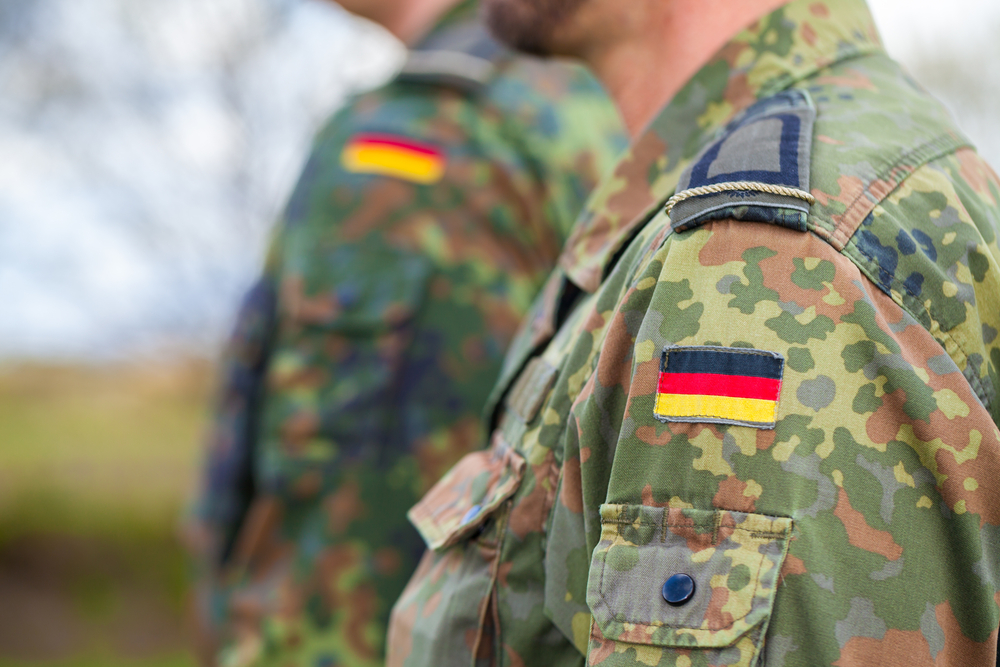The confidence of Germans in their armed forces has reached the lowest point on record, according to a survey conducted annually by Infratest dimap for the Die Welt newspaper.
More Germans than ever expressed concerns over the Bundeswehr’s ability to repel an attack on the country or one of its allies, and they believe deficiencies in the armed forces’ equipment and procurement system are greatly stifling Germany’s military capabilities.
Just 35 percent of respondents claimed to have “very great” or “great” trust in the Bundeswehr as a whole, the lowest number to be recorded by the survey, which has existed for the past 25 years.
When asked whether the Bundeswehr had the capability of warding off a possible attack on NATO territory, 54 percent of Germans had “little” or “no” confidence in its ability to do so.
[pp id=59268]
A staggering 85 percent do not believe the current equipment available to the Bundeswehr is fit for use, a concern highlighted in December last year when German newspaper Der Spiegel revealed that not a single one of Germany’s 18 modernized Puma tanks intended for the NATO Rapid Reaction Force (NRF) were deemed fit for action during a recent military drill.
When asked about Germany’s decision to supply arms and battle tanks to Ukraine, respondents were somewhat mixed on whether this was a good move. While 52 percent of respondents approve the decision to send Leopard tanks to Kyiv, 39 percent consider it a mistake, and almost 6 in 10 Germans (59 percent) are either “greatly” or “very gravely” concerned that Germany is being drawn directly into the war, up 3 percentage points from October last year.
Germans also remain concerned about the impact the war is having on the German economy, although this appears to be waning somewhat. A total of 68 percent believe the economic situation in Germany is deteriorating, down 12 percentage points from its peak in April last year.
[pp id=58059
A total of 82 percent of respondents remain very worried about the people of Ukraine, although again, this figure has dropped by 9 percentage points from last April.
A majority of Germans also believe the federal government’s diplomatic attempts to end the Russo-Ukrainian conflict have not gone far enough, with 58 percent of respondents holding this view. That figure rises to 61 percent among those polled in East Germany.
The electorate’s view on the federal government’s handling of the conflict is unsurprisingly split when political party affiliations are taken into account. Voters of the Green party and SPD are the most satisfied with the government’s handling, at 65 percent and 61 percent, respectively. Voters of the third party in Germany’s traffic-light coalition government, FDP, are less satisfied, with just a 33 percent approval rating. This is even less than for supporters of the CDU/CSU opposition, where 38 percent approve of the government’s course of action.
Significant opposition against the government’s measures regarding Ukraine can be found among supporters of the right-wing AfD, where 92 percent are either “less” or “not at all” satisfied.






